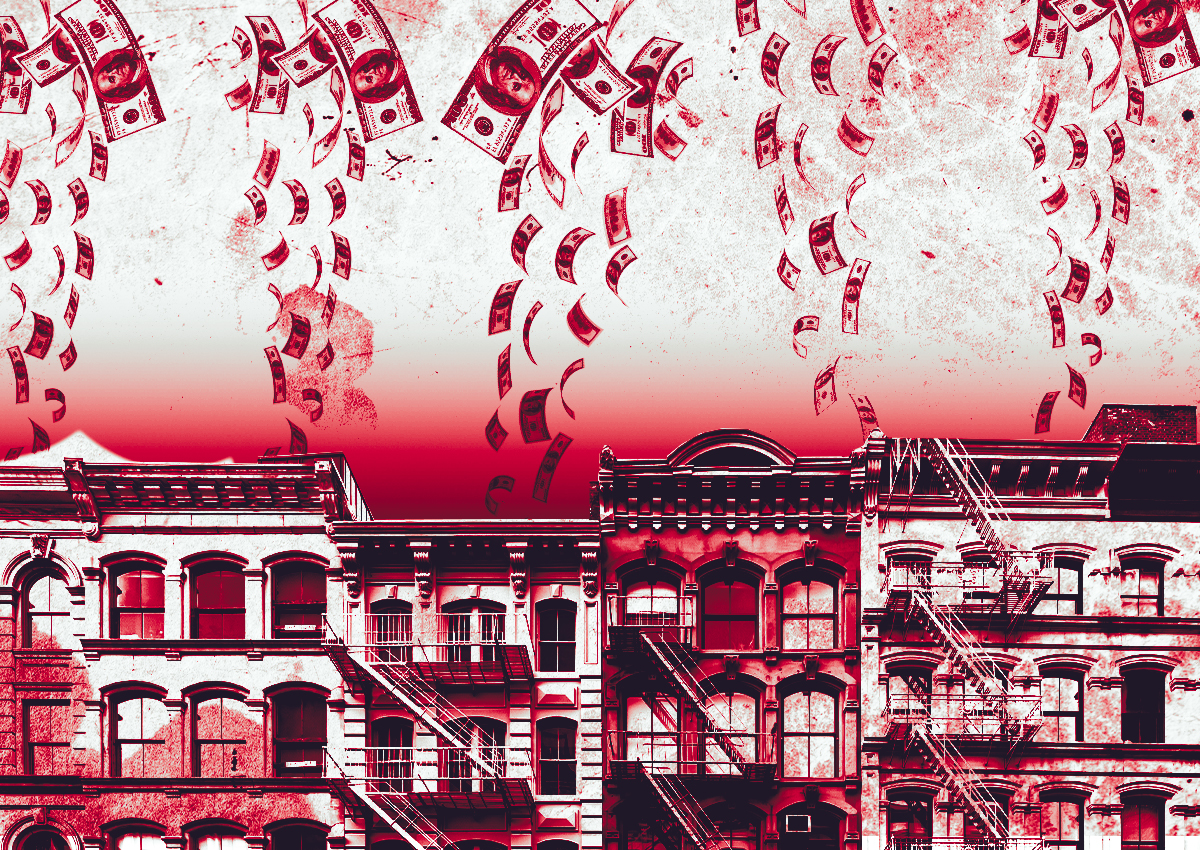The Rent Guidelines Board considered a middling rent increase for rent-stabilized apartments in a Tuesday night meeting that disappointed both sides of the tenant-landlord divide, to no one’s surprise.
In a preliminary vote, the board okayed a 2 to 4.5 percent rent hike for one-year leases for rent-stabilized apartments and a 4 to 6.5 percent hike for two-year leases. Members also approved freezing rents on stabilized hotels.
Predictably, landlords denounced the increase as not enough, and tenants, who held a steady “rent rollback” chant through the bulk of the meeting, noted anything less than a reduction would be a travesty.
But both agreed the board itself was to blame.
“If you ask me if the voices of the New York City tenants matter in this process, I say no,” said Genesis Aquino, a tenant board member and executive director of the nonprofit Tenants & Neighbors.
“With this board, the process is a sham,” she added.
Fellow tenant member Adán Soltren, in a lengthy speech, denounced the board’s historical failure to follow its own data in determining rent adjustments. He claimed the body typically voted to increase rents, regardless of whether owners’ net operating income had risen or slipped.
Soltren, who was appointed by the mayor in Apriil 2023, said he had planned to propose up to a 2 percent rollback on one- and two-year leases.
Instead, he walked out.
“I’ve decided that the only vote we’ll be making tonight is one of no confidence in this mayor and in this board,” Soltren said, before leaving the meeting alongside Aquino.
Landlords have been making that same complaint for years.
City landlords in the weeks leading up to the vote expressed the same lack of confidence in the board that tenant members described at the meeting.
“Every year you’re falling further and further behind because every year your expenses go up more than 3 percent and I’m telling you, you are not going to get more than 3 percent ever — or at least in the foreseeable future,” said one Brooklyn landlord.
“The RGB has simply never given increases that covered housing costs,” said Lincoln Eccles, who is struggling to afford expenses at his building in Crown Heights.
The Community Housing Improvement Program outlined its issues with the process in a statement moments after the vote. The landlord group noted that “professional data is offered each year, even by the RGB’s own staff, and then largely ignored.”
“This vote does not begin to stem the dramatic decline in net operating income shown in the RGB’s own data, much less reverse over a decade of defunding,” CHIP’s executive director, Jay Martin, said.
Landlords claim without an adequate rent adjustment, the older stabilized buildings that make up much of the Bronx face financial ruin.
Earlier this month, CHIP flagged board data showing net operating income for the borough’s aging housing dropped 18.5 percent year over year as a “disturbing decline.”
And last week, the group cranked the volume to 11, claiming without an appropriate rent increase those buildings would face the height of financial distress seen in the 1970s and 1980s when underwater landlords torched their properties for the insurance money.
In short, CHIP said the Bronx would burn again.
Landlord members at the Tuesday night meeting cited that same threat when proposing a 6 to 8 percent increase on one-year leases and 9 to 11 percent hike on two-year leases.
The proposal failed to garner a single “yes” from any of the public members.
The tenant members had already left the building.
Read more



